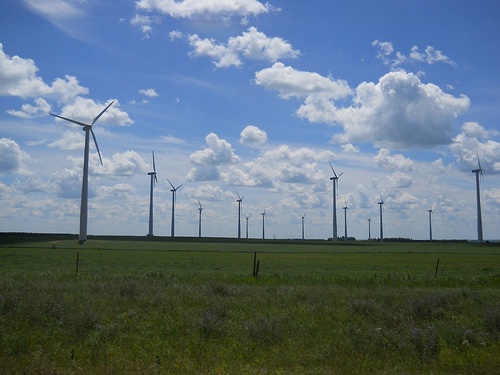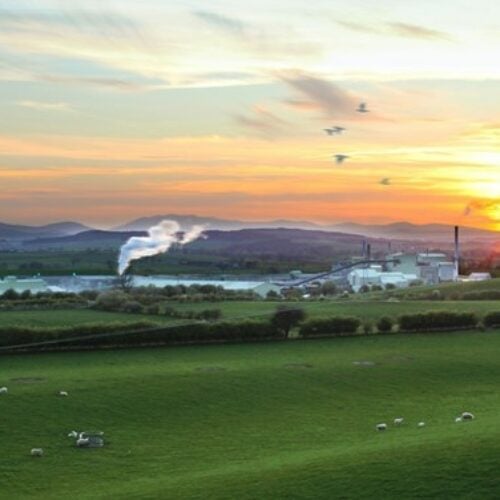The Prime Minister, David Cameron has said that the Green Investment Bank (GIB) has played an “instrumental” role in making the UK one of the best places for green investment.
The GIB claims to have mobilised more than £5 billion of investment in green projects as it is celebrating its second anniversary. Commenting on the role of the GIB, Cameron said: “We have become one of the best places for green investment anywhere in the world – and the Green Investment Bank has played an instrumental role in this.”
He continued: “Their achievements tell their own story – in just two years, getting 37 green infrastructure projects underway in the UK, committing more than £1.6bn of capital and mobilising a total of £5.2bn, and creating thousands of jobs. I’m delighted to congratulate GIB on its second birthday.”
Reflecting on the bank’s two years, GIB chairman, Lord Smith of Kelvin said that he was especially proud of the fact that the bank has invested in all areas of the UK, from the Highlands of Scotland to Northern Ireland, Wales and all parts of England. He continued: “Every pound we invest and every project we support strengthens our position as the most active investor in the UK’s green economy.
“For every £1 GIB invests, it mobilises a further £3 from the private sector, often from international investors. In total, GIB has backed projects that will see more than £5bn of new energy infrastructure projects go ahead. GIB has co-invested alongside more than 70 domestic and international financiers.
“Every one of GIB’s investments has been made on fully commercial terms, creating a positive demonstration effect for the wider market. GIB’s current portfolio of investments is expected to deliver an annual return of 9%. Once all its investments have completed construction and are operational, GIB is projected to make an annual operating profit in excess of £10m per annum.”
The GIB’s latest project was a £5.2 million transaction to help Citi reduce its energy consumption at its data centre in Lewisham which will see a combined cooling and power (CCP) system installed together with energy efficient cooling units and efficiency improvements to the building’s air conditioning system.
However, those working in the green sector have been critical of the GIB’s impact on the deployment of renewables. Specifically, the industry is concerned that the government might renege on its promise to give the bank borrowing powers “once government debt is falling as a percentage of GDP” in 2015-16. However, in the Autumn Statement Osborne said that this had now slipped to 2016-17.
Commenting on the need for borrowing powers, Caroline Lucas MP said: “The GIB should be allowed to borrow and the green criteria should be tightened significantly. When the GIB legislation was in the Commons, business and environmental groups pointed out that a modest borrowing ratio of 6:1 would unlock £90bn in private sector co-investment. It was a great shame that party political posturing on the front benches killed off a cross-party amendment to guarantee borrowing powers from 2015. The Bank’s ability to borrow must be prioritised, as the Environmental Audit Committee has repeatedly recommended.”
One of the projects funded by the GIB has seen Glasgow switch to low-energy streetlights
.
.





